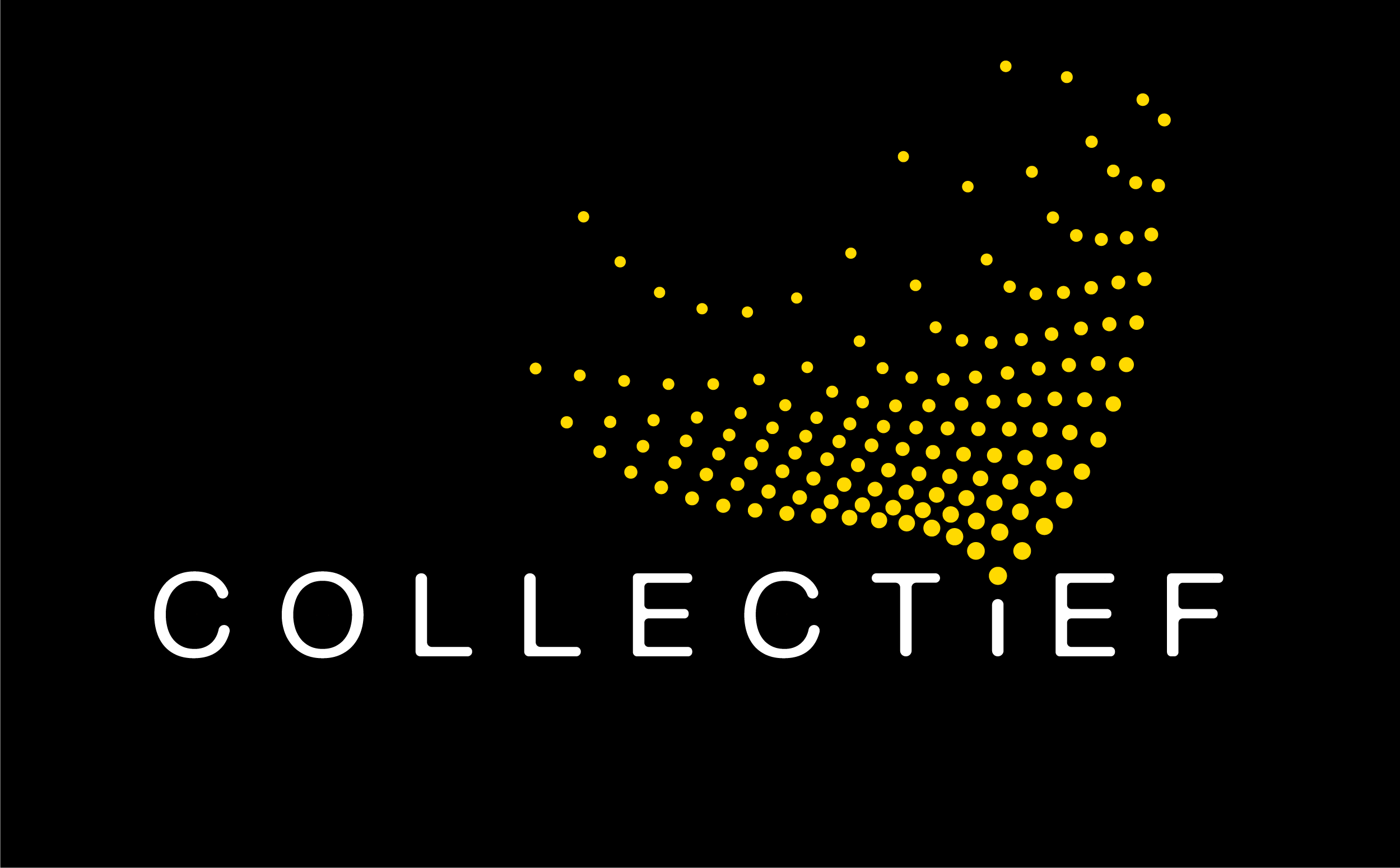COLLECTiEF was officially launched on 1 June 2021, with its virtual kick-off meeting taking place on 7-8 June 2021. The project will run for four years and will be implemented by a consortium of 14 partners from six European countries. Coordinated by the Norwegian University of Science and Technology (NTNU), COLLECTiEF brings together innovative SMEs, academic institutions, building owners and energy providers.
Enhancing the energy flexibility on both supply and demand sides can boost the movement towards sustainable and resilient urban energy solutions, especially in high-energy dense and heterogeneous urban areas. Climate change and increasingly frequent extreme climate events will likely affect two-thirds of the European population by 2100[1]. Proper climate change adaptation demands for more innovative and feasible approaches, especially in urban areas where malfunctioning of buildings and energy systems can negatively affect people’s lives. There is, thus, an urgent need to review existing buildings’ energy strategies to make them more sustainable and climate resilient.
To respond to these needs, the COLLECTiEF consortium will enhance, implement, test, and evaluate an interoperable and scalable energy management system based on Collective Intelligence (CI) that will be integrated into existing buildings and urban energy systems aiming to reduce installation cost, data transfer and computational power while increasing data security, energy flexibility and climate resilience. Over the course of four years, the COLLECTiEF system will be installed in four pilot sites (France, Italy, Norway, Cyprus), with a total of 13 buildings and one living laboratory representing 40% of different building archetypes in Europe with different uses, scales, markets, and climatic contexts to demonstrate replicability and scalability of the solution.
Specifically, COLLECTiEF aims to achieve the following six objectives:
- Enhancement and adaptation of algorithms for creating a CI-based energy flexible network.
- Realization of cost-effective system components with easy deployment and maintenance.
- Demonstration and testing of a CI-based energy network in the real environment.
- Testing and implementing a scalable and customizable occupant-centric fusion sensor network for accurate and non-invasive environmental monitoring.
- Design and implementation of a smart, user-centric and user-friendly digital platform for interacting with users and controlling technical building systems.
- Development of new business models for energy services, including a clear model for commercialization of the COLLECTiEF system.
“Collective Intelligence is when intelligent entities are connected, so that collectively they act more intelligent than any individual entity. This is how the consortium is going to work and this is the core of the technology that is going to be tested in the pilot buildings of COLLECTiEF.” – Amin Moazami, Project Coordinator.
By improving energy performance in buildings, the COLLECTiEF project is contributing to the energy and climate goals set by the Paris Agreement and the "Clean Energy for all European" package, including the Communication "Accelerating Clean Energy Innovation" (COM (2016) 736) and the SET-Plan priorities.
Additional information on the project can be found at the European Commission’s CORDIS page. The project website will be launched in August 2021.
The COLLECTiEF consortium
- Norwegian University of Science and Technology (Norway)
- Lund University (Sweden)
- The Cyprus Institute (Cyprus)
- Energy@Work (Italy)
- R2M Solution SRL (Italy)
- EM Systemer AS (Norway)
- NODA Intelligent Systems AB (Sweden)
- Geonardo Environmental Technologies Ltd. (Hungary)
- Scientific and Technical Center for Building (France)
- CETMA - Technologies Design and Materials European Research Centre (Italy)
- LSI Lastem (Italy)
- Ålesund Municipality (Norway)
- Teicos UE SRL (Italy)
- Virtual Manufacturing AB (Sweden)
Contacts:
- Coordinator: Amin Moazami / amin.moazami@ntnu.no
- Scientific Coordinator: Vahid M. Nik / vahid.nik@byggtek.lth.se
- Dissemination and Communication Manager: Jelena Lazić/ jelena.lazic@geonardo.com
.png)
[1] IPCC, 2014: Climate Change 2014: Impacts, Adaptation, and Vulnerability. Part A: Global and Sectoral Aspects. Contribution of Working Group II to the Fifth Assessment Report of the Intergovernmental Panel on Climate Change. Cambridge University Press, Cambridge, United Kingdom and New York, NY, USA, 1132 pp.




